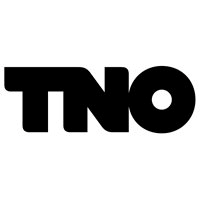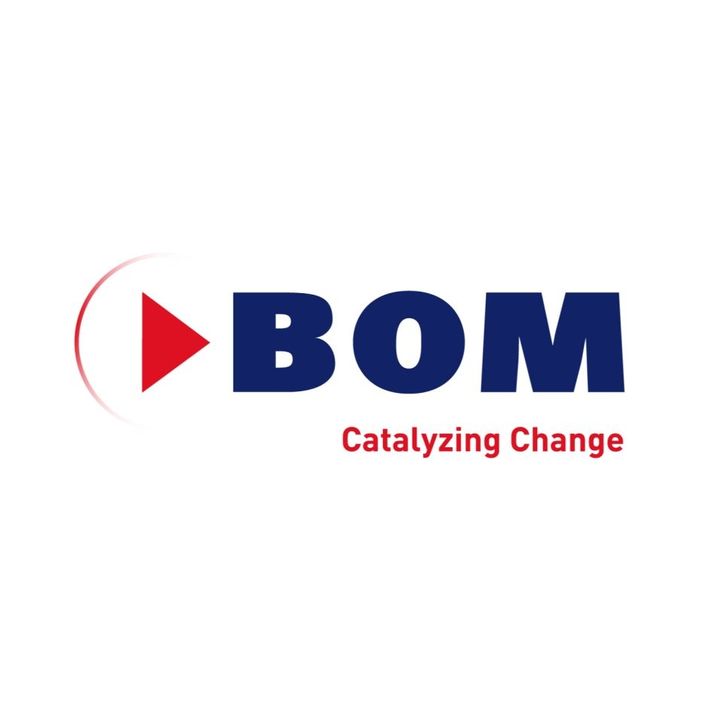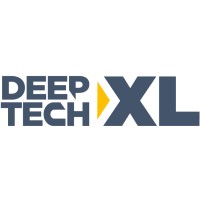Dutch Startup TracXon Secures €4.75M to Revolutionize Electronics, Target PCB Dominance
September 6, 2025, 9:34 pm

Location: Netherlands, South Holland, The Hague
Employees: 1001-5000
Founded date: 1932

Location: Netherlands, North Brabant, Tilburg
Employees: 51-200
Founded date: 1983
Dutch deep tech startup TracXon secured €4.75 million. The funding fuels its Hybrid Printed Electronics (HPE) technology. This innovation aims to replace traditional, polluting Printed Circuit Boards (PCBs). TracXon's patented roll-to-roll (R2R) process prints flexible, recyclable electronics. It eliminates toxic materials like copper and solder. This slashes carbon emissions by 80 percent. The company targets the vast IoT, MedTech, and automotive markets. It projects capturing 10% of the global PCB market by 2033. This translates to €15 billion annually. Its R2R VIA Printer launches commercially by mid-2027. The investment accelerates a greener, more flexible future for electronics manufacturing, fostering ubiquitous, sustainable devices.
A Dutch startup ignites a revolution. TracXon secured €4.75 million in seed funding. This capital fuels its ambitious plans. Invest-NL’s Deep Tech Fonds led the investment. It contributed €2 million. DeepTechXL also joined. The Brabantse Ontwikkelings Maatschappij (BOM) participated. TracXon aims to fundamentally change electronics. It challenges the dominance of Printed Circuit Boards (PCBs). This investment marks a pivotal moment. It propels sustainable electronics forward.
TracXon pioneers Hybrid Printed Electronics (HPE). This technology offers a radical alternative. HPE moves beyond traditional rigid circuits. It embraces flexibility and sustainability. The company's vision is clear. It targets a fundamental shift. Electronics manufacturing will become efficient. It will also become environmentally responsible.
The core of TracXon's innovation is its manufacturing process. It uses a patented roll-to-roll (R2R) system. This method prints circuits directly. It applies them to flexible, recyclable films. This process eliminates significant environmental burdens. It requires no copper. Solder is not used. Toxic chemicals are avoided. Traditional PCB production relies heavily on these. TracXon's approach cuts waste. It drastically reduces pollution. Internal estimates suggest huge benefits. Carbon emissions could decrease by 80 percent. This creates a much cleaner, circular electronics industry.
TracXon's flagship product is the R2R VIA Printer. This specialized machine prints double-sided electronic circuits. It achieves this at industrial scale. The first commercial units are nearing completion. They will roll out by mid-2027. New capital accelerates production. It enables the creation of custom equipment. This equipment refines the R2R technology. It further scales manufacturing capabilities. The goal is mass production. Sustainable HPEs will become widely available.
Printed Circuit Boards are ubiquitous. They form the backbone of modern electronics. Yet, their creation is resource-intensive. It pollutes significantly. The global PCB market is immense. It projects over €150 billion by 2030. Key growth sectors include IoT, MedTech, and automotive. Consumer electronics also drive demand. TracXon positions itself directly in these high-growth areas. It offers a viable, green alternative.
The market demands evolution. Consumers seek lighter, thinner electronics. Versatile applications are key. Imagine wearable biosensors. Picture flexible displays everywhere. Embedded smart surfaces redefine interaction. Medical plasters can integrate biosensors. Car interiors become truly interactive. TracXon's HPE technology makes these applications real. It opens doors to previously unimaginable products.
TracXon builds a robust commercial ecosystem. It boasts over 20 co-development partners. Customers are diverse. They originate from more than 10 countries. This global reach validates the technology. TracXon offers "printed electronics as a service." This model lowers entry barriers. Clients integrate next-gen tech effortlessly. They avoid massive production infrastructure investments. This strategy accelerates adoption.
The investment reflects broader industry shifts. Supply chain resilience is a global concern. Environmental impact shapes investment priorities. The Netherlands actively promotes deep tech. Initiatives like TNO, Techleap, and Invest-NL foster innovation. They build a powerful national support system. TracXon exemplifies this success. It originated from TNO research. This demonstrates how innovation becomes impactful.
TracXon envisions electronics all around us. It calls this "ubiquitous electronics." This future is also socially responsible. The company aims high. It seeks to replace 10% of PCBs by 2033. This represents approximately €15 billion annually. TracXon tackles a major pollution source. It pioneers a more flexible industry. It leads the charge for circular electronics. TracXon shapes a sustainable, interconnected world.
A Dutch startup ignites a revolution. TracXon secured €4.75 million in seed funding. This capital fuels its ambitious plans. Invest-NL’s Deep Tech Fonds led the investment. It contributed €2 million. DeepTechXL also joined. The Brabantse Ontwikkelings Maatschappij (BOM) participated. TracXon aims to fundamentally change electronics. It challenges the dominance of Printed Circuit Boards (PCBs). This investment marks a pivotal moment. It propels sustainable electronics forward.
TracXon pioneers Hybrid Printed Electronics (HPE). This technology offers a radical alternative. HPE moves beyond traditional rigid circuits. It embraces flexibility and sustainability. The company's vision is clear. It targets a fundamental shift. Electronics manufacturing will become efficient. It will also become environmentally responsible.
The core of TracXon's innovation is its manufacturing process. It uses a patented roll-to-roll (R2R) system. This method prints circuits directly. It applies them to flexible, recyclable films. This process eliminates significant environmental burdens. It requires no copper. Solder is not used. Toxic chemicals are avoided. Traditional PCB production relies heavily on these. TracXon's approach cuts waste. It drastically reduces pollution. Internal estimates suggest huge benefits. Carbon emissions could decrease by 80 percent. This creates a much cleaner, circular electronics industry.
TracXon's flagship product is the R2R VIA Printer. This specialized machine prints double-sided electronic circuits. It achieves this at industrial scale. The first commercial units are nearing completion. They will roll out by mid-2027. New capital accelerates production. It enables the creation of custom equipment. This equipment refines the R2R technology. It further scales manufacturing capabilities. The goal is mass production. Sustainable HPEs will become widely available.
Printed Circuit Boards are ubiquitous. They form the backbone of modern electronics. Yet, their creation is resource-intensive. It pollutes significantly. The global PCB market is immense. It projects over €150 billion by 2030. Key growth sectors include IoT, MedTech, and automotive. Consumer electronics also drive demand. TracXon positions itself directly in these high-growth areas. It offers a viable, green alternative.
The market demands evolution. Consumers seek lighter, thinner electronics. Versatile applications are key. Imagine wearable biosensors. Picture flexible displays everywhere. Embedded smart surfaces redefine interaction. Medical plasters can integrate biosensors. Car interiors become truly interactive. TracXon's HPE technology makes these applications real. It opens doors to previously unimaginable products.
TracXon builds a robust commercial ecosystem. It boasts over 20 co-development partners. Customers are diverse. They originate from more than 10 countries. This global reach validates the technology. TracXon offers "printed electronics as a service." This model lowers entry barriers. Clients integrate next-gen tech effortlessly. They avoid massive production infrastructure investments. This strategy accelerates adoption.
The investment reflects broader industry shifts. Supply chain resilience is a global concern. Environmental impact shapes investment priorities. The Netherlands actively promotes deep tech. Initiatives like TNO, Techleap, and Invest-NL foster innovation. They build a powerful national support system. TracXon exemplifies this success. It originated from TNO research. This demonstrates how innovation becomes impactful.
TracXon envisions electronics all around us. It calls this "ubiquitous electronics." This future is also socially responsible. The company aims high. It seeks to replace 10% of PCBs by 2033. This represents approximately €15 billion annually. TracXon tackles a major pollution source. It pioneers a more flexible industry. It leads the charge for circular electronics. TracXon shapes a sustainable, interconnected world.

